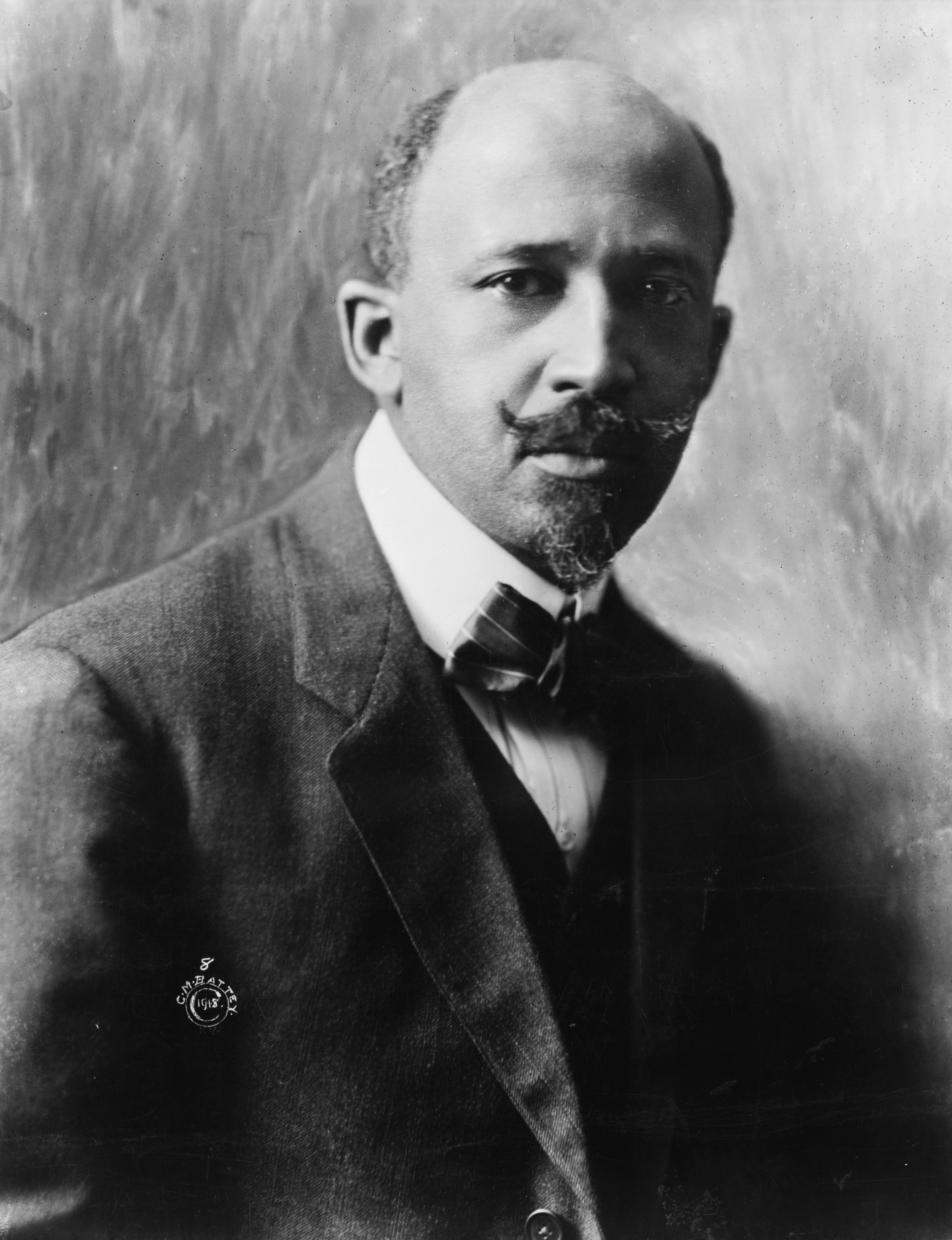William Edward Burghardt Du Bois citáty a výroky
William Edward Burghardt Du Bois: Citáty anglicky
"On Stalin", in National Guardian (16 March 1953) https://www.marxists.org/reference/archive/stalin/biographies/1953/03/16.htm
Zdroj: The Wisdom of W.E.B. Du Bois (2003), p. 132
Zdroj: The Souls of Black Folk (1903), Ch. I: Of Our Spiritual Strivings
Zdroj: The Wisdom of W.E.B. Du Bois (2003), p. xi
Zdroj: The Souls of Black Folk (1903), Ch. XI: Of the Passing of the First-Born
To His Newborn Great-Grandson, address on his ninetieth birthday (1958)
The Talented Tenth http://teachingamericanhistory.org/library/index.asp?document=174, published as the second chapter of The Negro Problem, a collection of articles by African Americans (New York: James Pott and Company, 1903)
Then he went to his lodgings and wrote a letter, and tore it up; he wrote another, and threw it in the fire....
Zdroj: The Souls of Black Folk (1903), Ch. XIII: Of the Coming of John
Zdroj: The Souls of Black Folk (1903), Ch. IX: Of the Sons of Master and Man
Zdroj: The Wisdom of W.E.B. Du Bois (2003), p. 10
Zdroj: The Souls of Black Folk (1903), Ch. VI: Of the Training of Black Men
Darkwater http://www.gutenberg.org/files/15210/15210-h/15210-h.htm (1920), Ch. II: The Souls of White Folk
Interview with Ralph McGill, quoted in The Atlantic Monthly (November 1965)
As quoted in Fighting Fire with Fire: African Americans and Hereditarian Thinking, 1900-1942 by Gregory Michael Dorr (RTF document) http://www.wfu.edu/~caron/ssrs/Dorr.rtf. Dorr dates this quote to 1910.
The Autobiography of W.E. Burghardt Du Bois (1968), Ch. IV : The Soviet Union; he later states in Ch. XVI : My Character: "I think the greatest gift of the Soviet Union to modern civilization was the dethronement of the clergy and the refusal to let religion be taught in the public schools."
The Suppression of the African Slave Trade to the United States of America, 1638-1870 (1897), ch. XII: The Essentials in the Struggle, paragraph 93: "The Moral Movement" http://web.archive.org/20000818045142/members.tripod.com/~DuBois/supp.html
Zdroj: The Souls of Black Folk (1903), Ch. IX: Of the Sons of Master and Man
The Niagara Movement, Address to the Country
Zdroj: The Souls of Black Folk (1903), Ch. IX: Of the Sons of Master and Man
Zdroj: The Wisdom of W.E.B. Du Bois (2003), p. 74
Essay on Robert E. Lee http://inthesetimes.com/article/20447/Robert-E-Lee-WEB-DuBois-Racist-Murderer-Confederacy-Monuments (1928)
Zdroj: Black Reconstruction in America (1935), pp. 714-715
